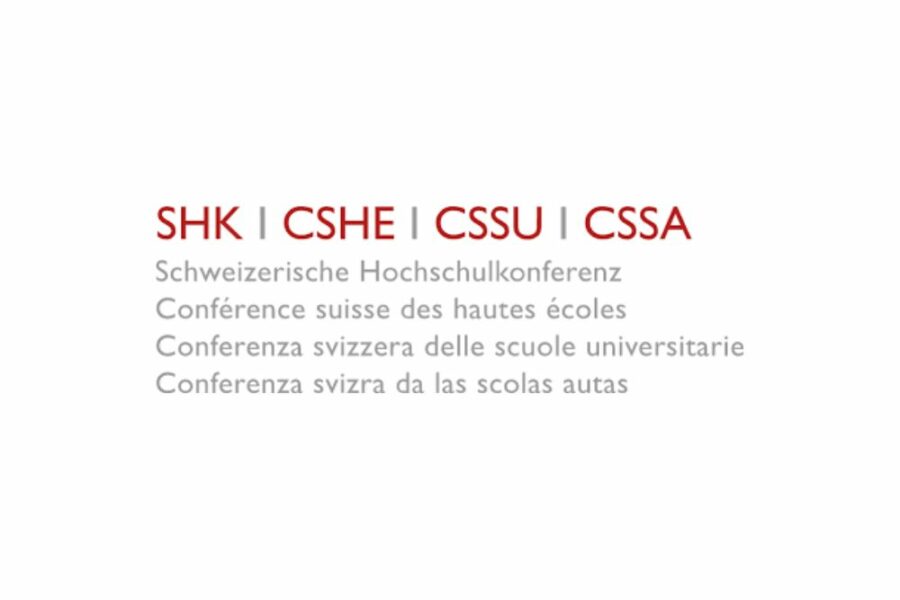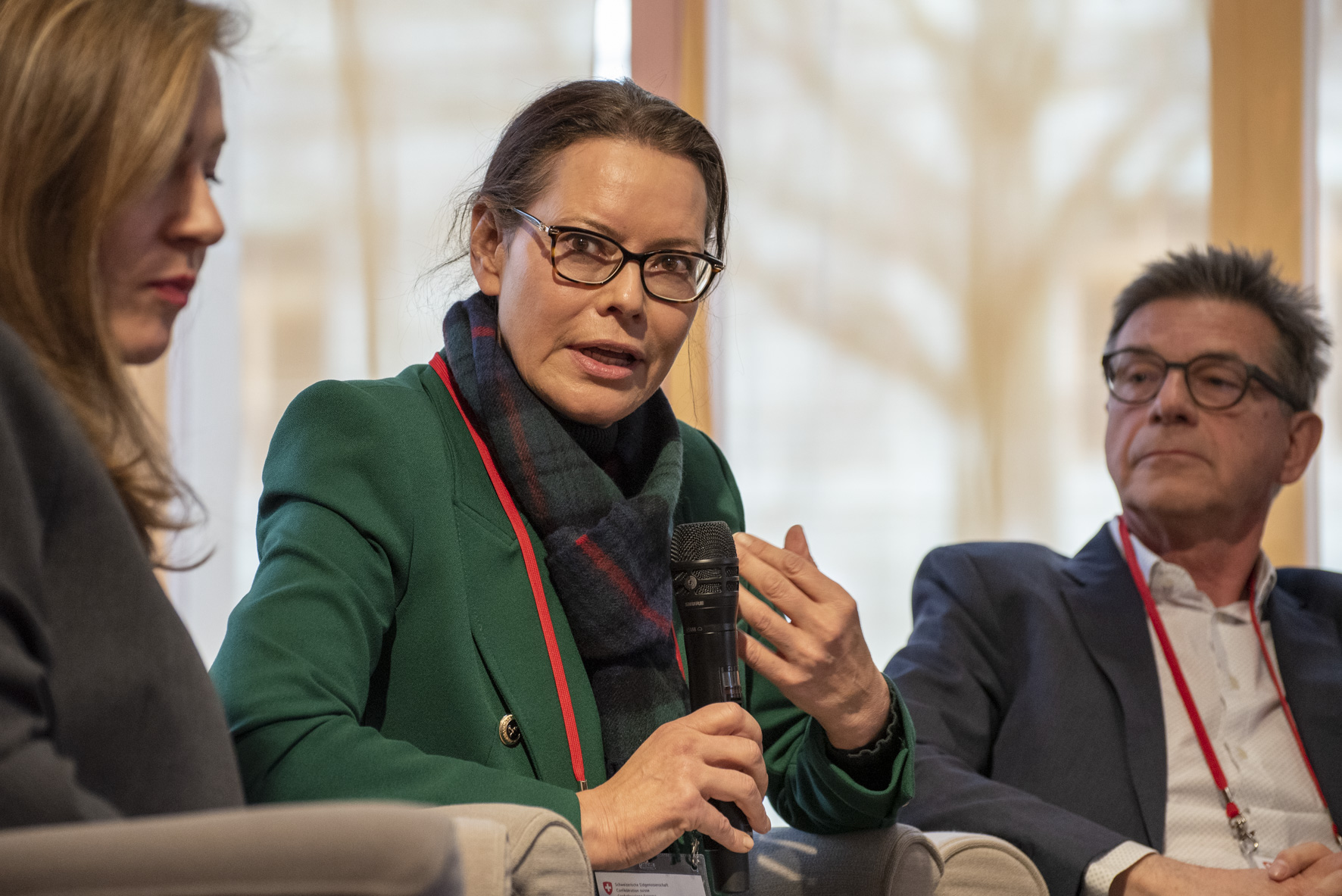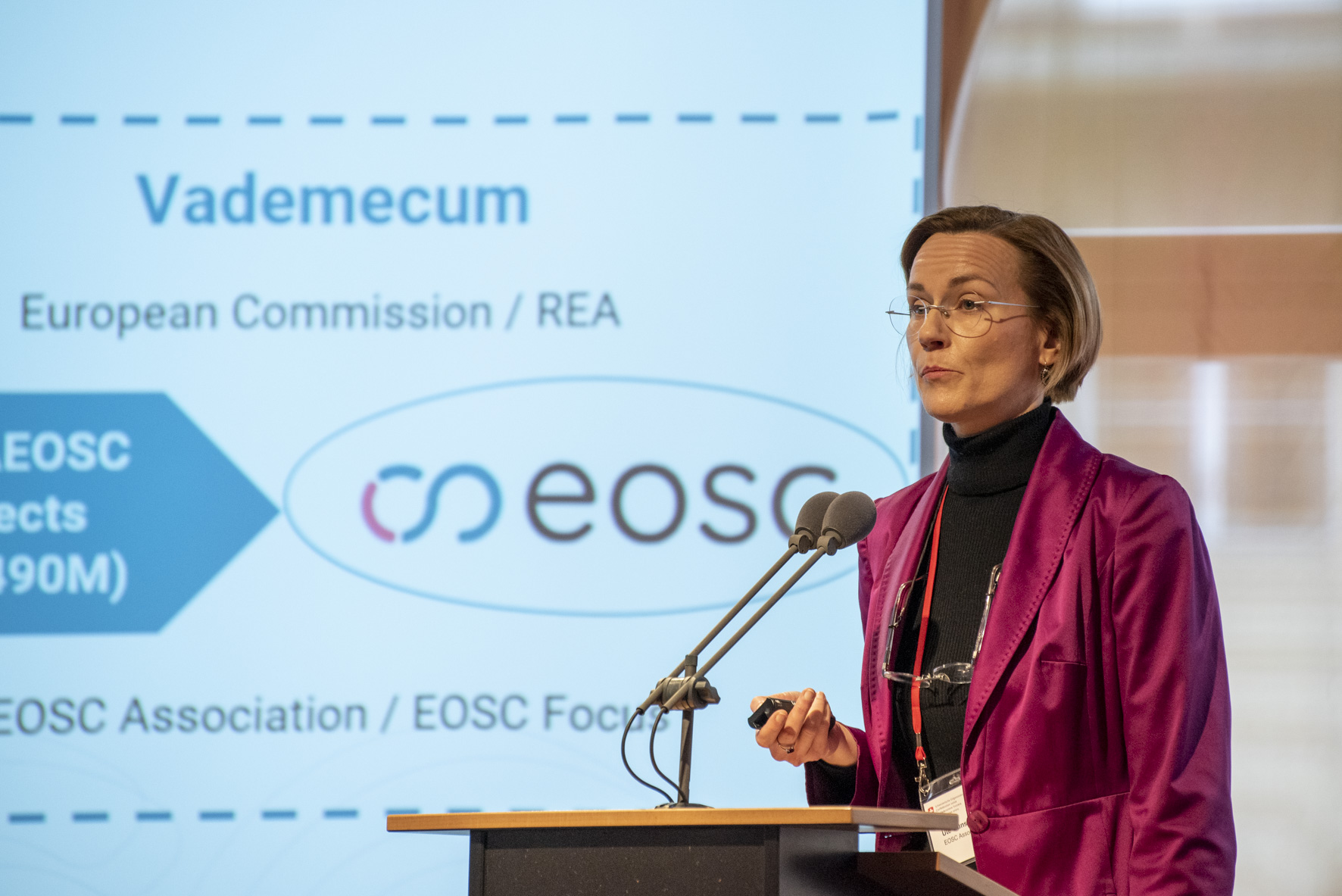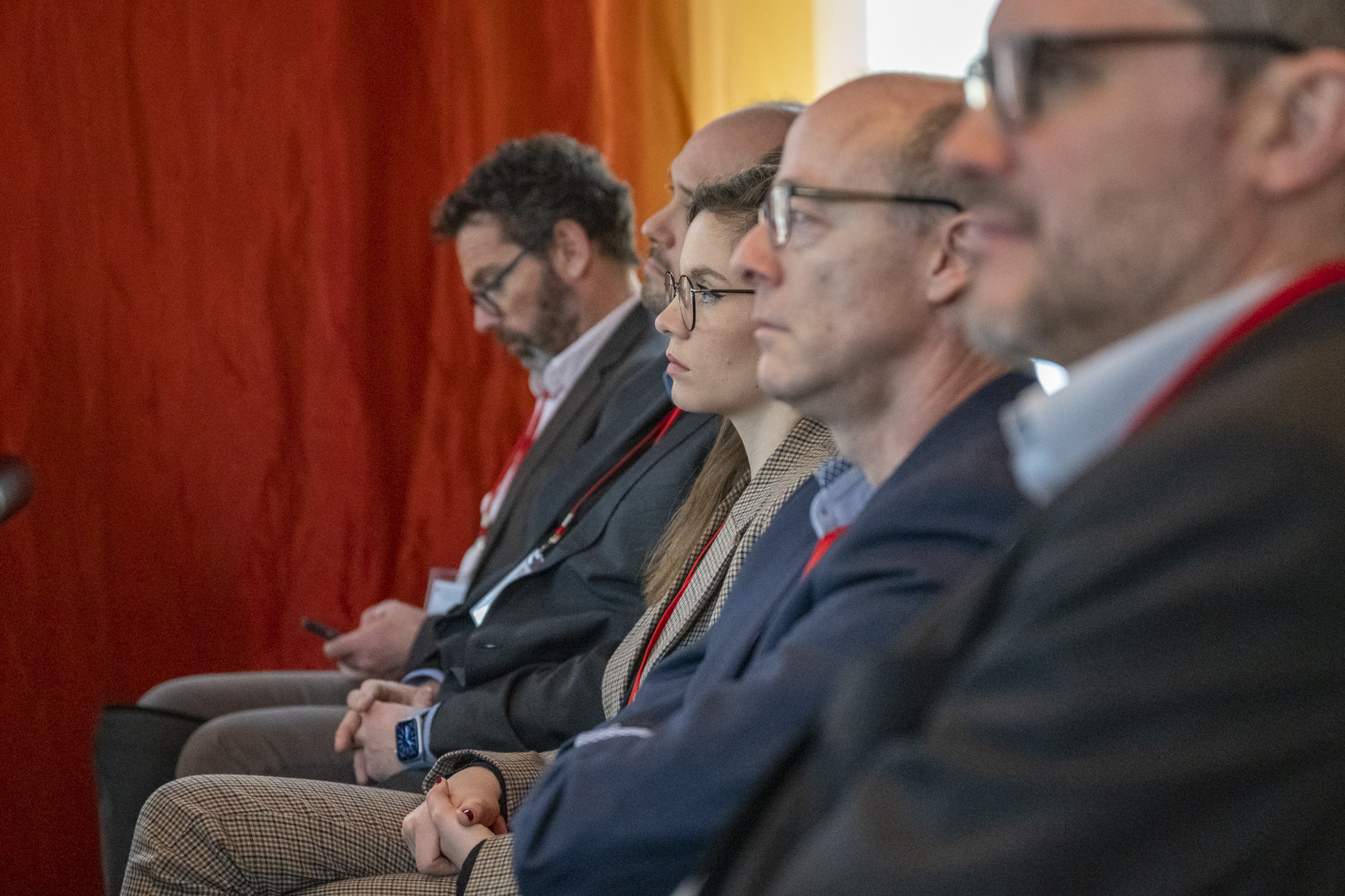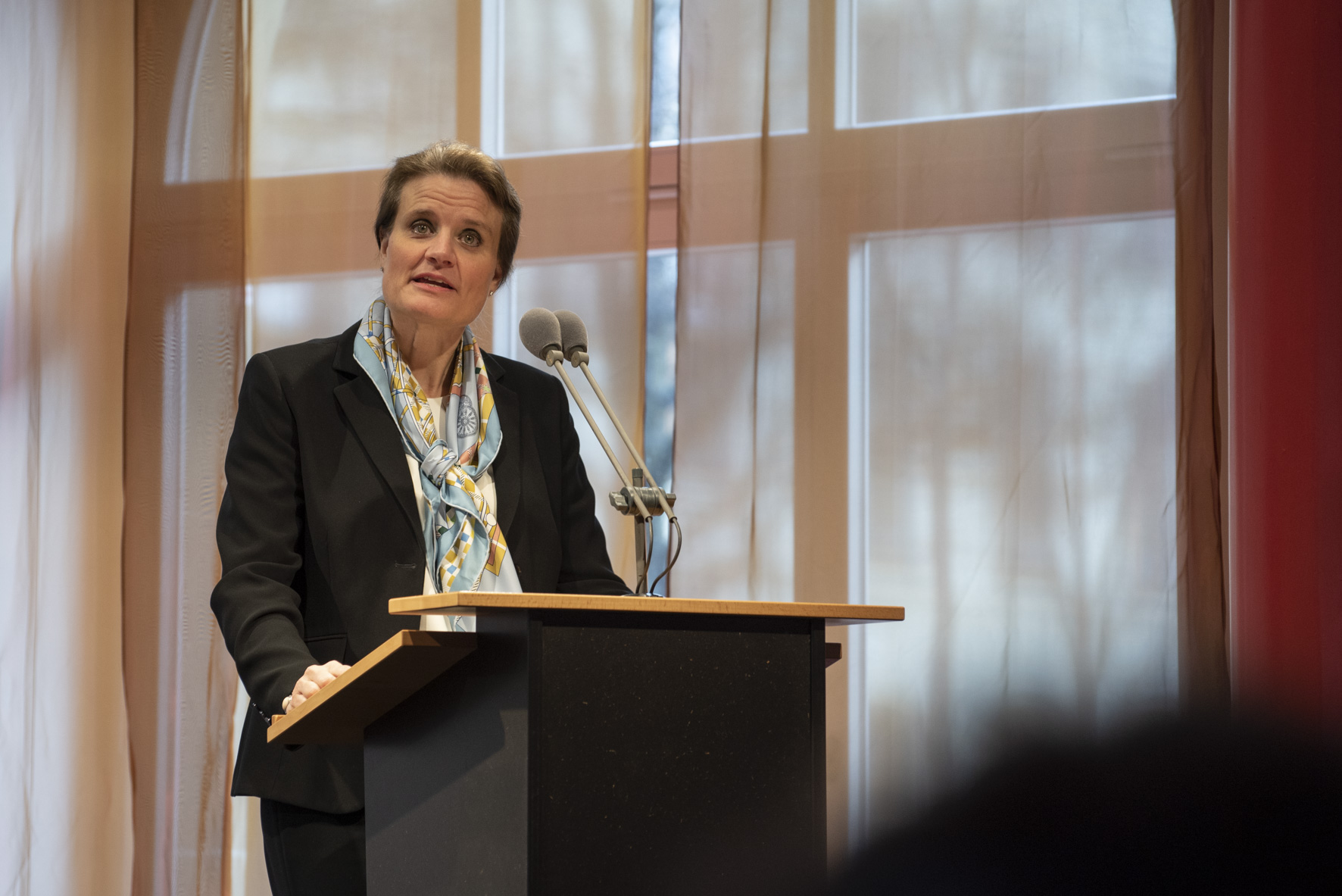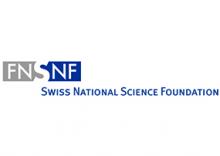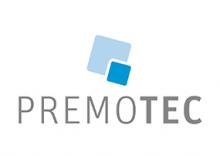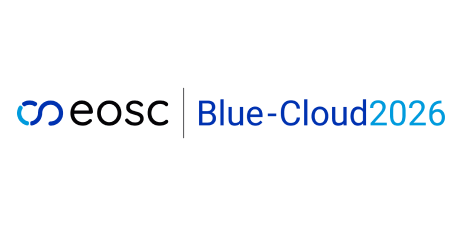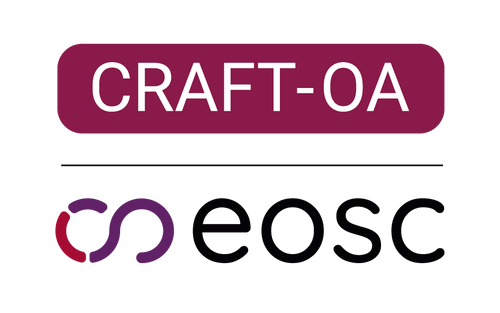
Switzerland
Overview
European Commission
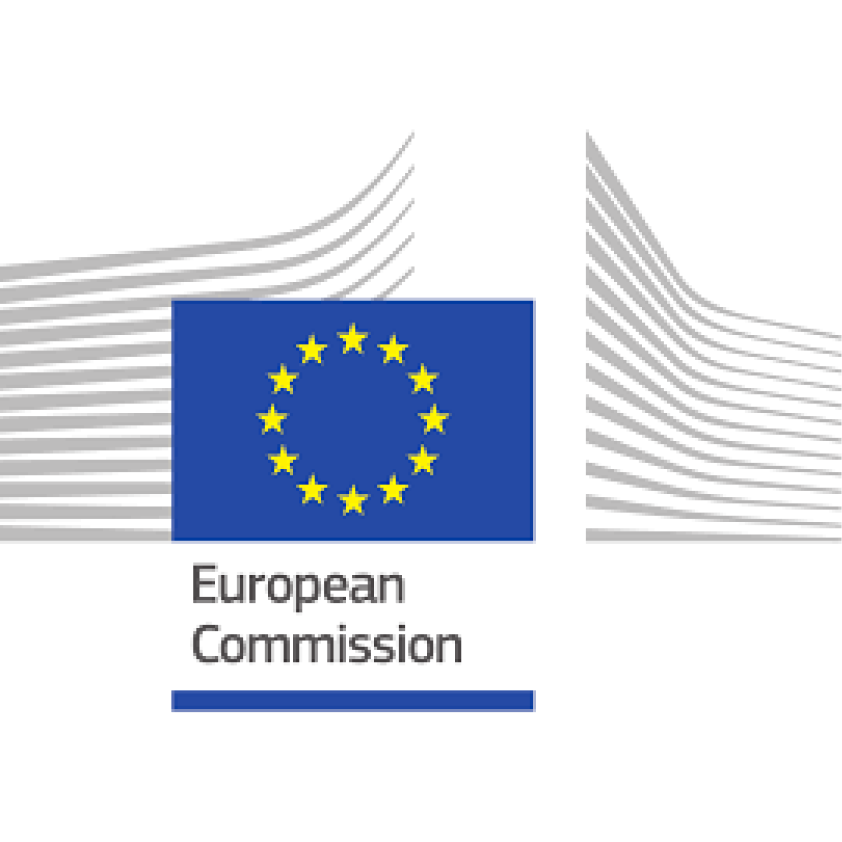
Mandated Organisation
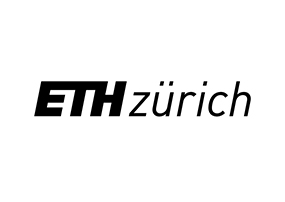
EOSC Steering Board representatives
Switzerland has a long-standing scientific tradition, and Swiss-based researchers are worldwide recognised for their scientific work. Switzerland has produced several analyses and strategies to map the road towards Open Science in the country. Compared to other European countries, Switzerland is ahead in the curve in the adoption of Open Science practices, and has a structured plan to develop this further.
Open Science is in Switzerland divided in two topics: Open Access and Open Research Data. The country is one of the leading countries of Open Access in Europe; especially on Green OA, Switzerland has the highest amount of published articles, only behind the United Kingdom. Also, in their most recent strategy on Open Access (covering the period 2021 to 2024), Switzerland takes a leading role by striving to making 100% of their publicly funded research Open Access.
On the other hand, the Swiss National Strategy for ORD and the associated Action Plan represent a further step for Switzerland towards Open Science. Researchers and research communities are central to the ORD Strategy. Access to research data is handled in a variety of ways in different disciplines and institutions. One of the main objectives of the ORD Strategy is targeted at the development and support of ORD solutions based on ORD practices from the respective research communities. The ORD Strategy and Action Plan were developed jointly by swissuniversities, the ETH Domain, the SNSF and the Swiss Academies of Arts and Sciences and have open access to research data at their core. The partner organisations will continue their collaboration through the ORD Strategy Council established under the ORD Strategy.
The relationship between the EOSC and Switzerland is different from most countries in the SWOT analysis, due to the fact that Switzerland is currently not associated to Horizon Europe or of the EOSC Steering Board. This limits the connection between EOSC and Switzerland.
Mandated organisation
The Swiss State Secretariat for Education, Research and Innovation (SERI) has mandated the Swiss Federal Institute of Technology (ETH Zürich) to represent Switzerland as mandated organization in the EOSC Association. ETH Zürich, founded in 1855, has a world-class reputation in both academia and industry. In the 2022 edition of QS World University Rankings, ETH Zurich achieved the 8th place in the world, thus being the fourth-best European university. ETH Zürich is formed by 16 departments. Freedom and individual responsibility, entrepreneurial spirit and open-mindedness are its core values.
Contact: EU GrantsAccess, ETH Zürich, grants@sl.ethz.ch
National Structure
The Swiss National Science Foundation (SNSF) supports scientific research in all academic disciplines — from physics to medicine to sociology. At the end of 2021, the SNSF was funding 5700 projects involving more than 20,000 researchers, which makes it the leading Swiss institution for the promotion of scientific research.
To ensure its independence, the SNSF was established in 1952 as a private foundation based on a government mandate. Its core task is the evaluation of research proposals. In 2021, it awarded 882 million Swiss Francs (approximately 918 million Euros) using excellence criteria. By allocating public research money based on the principle of competition, the SNSF contributes to the high quality of research in Switzerland.
In close collaboration with higher education institutions and other partners, the SNSF strives to create optimal conditions for the development and international integration of Swiss research. It pays particular attention to the promotion of young researchers. In addition to this, it accepts evaluation mandates in order to ensure that large research initiatives funded by third parties deliver the highest scientific quality.
Contact: Isabel Bolliger, Email: strategy@snf.ch
Rector’s conference
swissuniversities is the umbrella organisation of the Swiss universities. It represents the common voice of the Swiss universities and promotes cooperation and coordination between the universities and the various types of universities.
The Delegation Open Science of swissuniversities observes, anticipates, and coordinates the developments within the domains of Open Science and scientific information. In this capacity, it is responsible for steering the Open Science Programme (2021-2024). Furthermore, it is also responsible on behalf of swissuniversities for the implementation of the National Open Access Action Plan, the National Open Research Data Strategy and its corresponding action plan.
Contact: Co-coordinator of the Open Science Programme: Ariane Studer (Open Research Data) +41 31 335 07 64; Thomas Leibundgut (Open Access), + 41 31 335 07 84
Contact e-mail: open-science@swissuniversities.ch
CERN
The European Organization for Nuclear Research (CERN) serves as Mandated Organisation of the European Intergovernmental Research Organisation forum EIROforum.
National Events
EOSC National Event Switzerland
8 March 2023, 08:30 – 15.30 CET Invitation-only event This half day event is being organised by the Swiss State Secretariat for Education, Research and Innovation and EOSC-A, in collaboration with the Mandated Organization. The main...
Policies
SERI, swissuniversities, SNSF and Switzerland’s two federal institutes of technology (ETH in Zurich and EPF in Lausanne) signed an agreement to develop a national strategy on open research data and are the big players in making this happen. In January 2020, an agreement was signed to develop a National Open Research Data Strategy (ORD Strategy), with a corresponding Action Plan (2022-2028) that contains implementation measures. It defines Action Areas and concrete measures to create the best conditions for processing, storing, accessing and reusing research data
Open Access policies: Following the adoption of the National Open Access Strategy, all results from public funded research must be 100% Open Access. All Swiss higher education institutions (HEI) have to draft their own Open Access Policy, with the minimum requirement that Open Access rules are applied to “scientific works published in journals and books (i.e. monographs, anthologies, book chapters)” as defined by the SNSF policy. swissuniversities has drafted National Open Access Policy Guidelines with an Open Access Policy Model (2019) to help HEIs draft their own Open Access Policy, but institutions are free to draft their own as long as it meets the minimum requirement.
According to their policy on Open Research Data, the SNSF expects all its funded researchers to:
- Put in place the infrastructure and guidance so that research data they have worked on and produced during the course of their research work are properly managed. The preparation of data management plans prior to starting research activities is encouraged,
- Share these data with other researchers, unless they are bound by legal, ethical, copyright, confidentiality or other clauses, and
- Deposit their data and metadata onto existing public repositories in formats that anyone can find, access and reuse without restriction.
Research data is collected, observed or generated factual material that is commonly accepted in the scientific community as necessary to document and validate research findings.
Research data is defined as any collected, observed or generated factual material that is commonly accepted in the scientific community as necessary to document and validate research findings.
EOSC in Practice
Embracing the principles of transparency, reproducibility, and accessibility, these examples highlight the innovative approaches adopted by researchers across various disciplines. From open data sharing and collaborative platforms to pre-registration and open peer review, these practices enhance scientific integrity and contribute to the advancement of knowledge.
People
-
National Event Switzerland 2023
News from Switzerland
Members and Observers from Switzerland
EU Projects
Please find here the EOSC-related projects where members from this country are involved as partners.















































